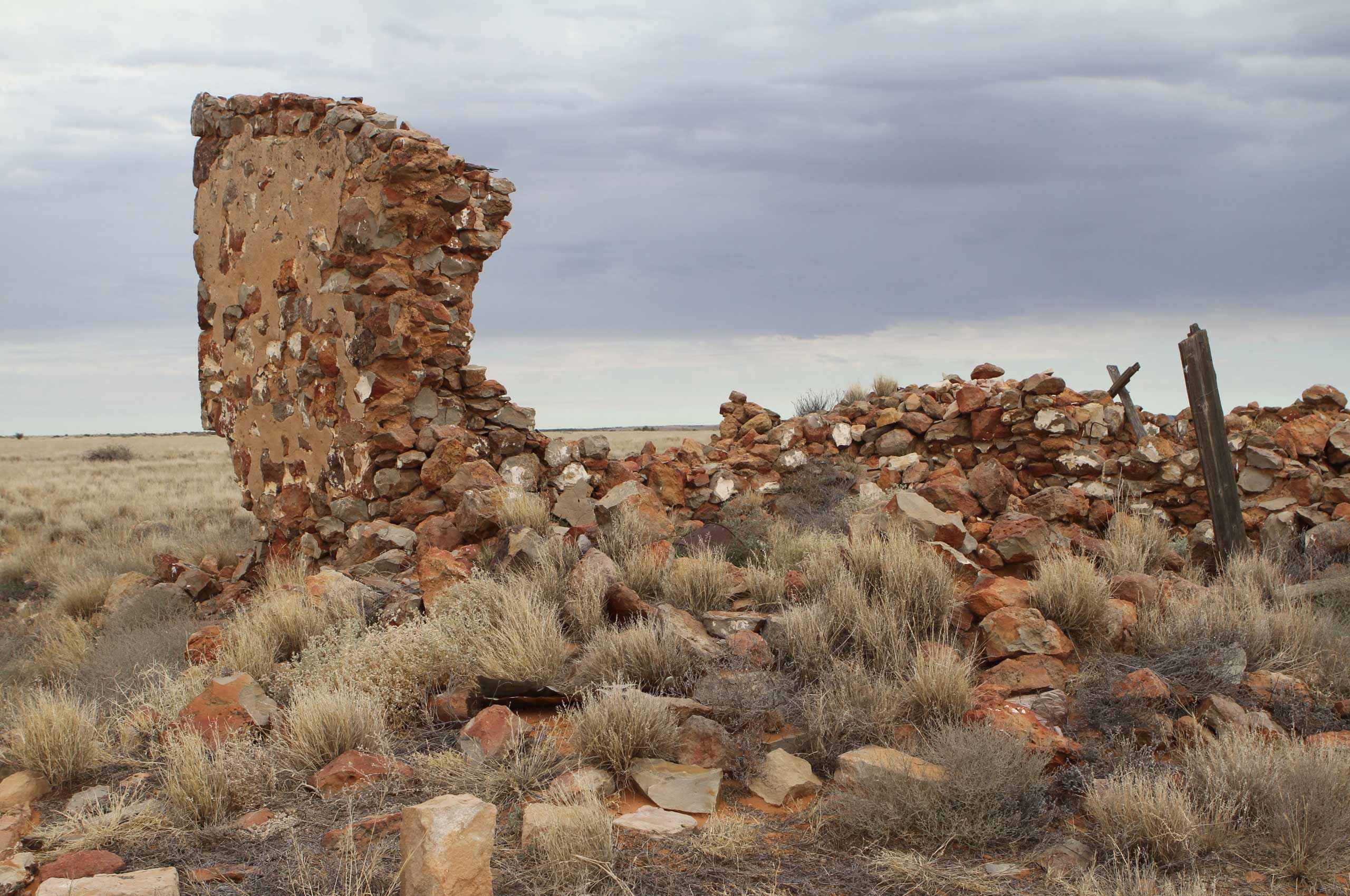About the Centre for the Study of the Inland

We are a research centre enriched through our interdisciplinarity, collaboration, community-led studies, and celebration of lived experience.
Our leading principles
- we collaborate
- we work with complexity
- we are community-led
- we foster global connections
- our work centres and supports First Nations Peoples
- our work has lasting and meaningful impact.
The Centre for the Study of the Inland (CSI) is a leading research centre in Australia. The centre understands the ‘inland’ to be both a place and an idea.
The Centre for the Study of the Inland integrates approaches from the humanities, social and environmental sciences to provide a multi-disciplinary platform for research on the inland under three interconnecting research themes:
In June 2021 the centre launched CSI Asia, an initiative which promises exciting new possibilities in terms of research, bringing Asia’s diverse inlands into focus. Our research expertise in this area has particular strengths on inland cities, the impacts of environmental change on the Himalayas, and agricultural change. We have a strong research focus on contemporary population movement as a consequence and driver of change.
The Centre for the Study of the Inland conducts work of regional, national and international significance with collaborative and practical applications. We balance outstanding research with an outward facing engagement agenda. We have particular expertise on the Murray Darling Basin and the impact of change on people and communities in this region. We frame local issues within international contexts and contribute to urgent debates about the role of society and culture in negotiating change.
Past CSI Events
Who we work with
Internal partnerships
- Galleries, Libraries, Archives and Museums (GLAM) sector: National Library of Australia, Murray Arts Museum Albury; Bendigo Arts Gallery; Shepparton Art Museum; Mildura Art Centre
- Indigenous Organisations: Dja Dja Wurrung Clans Aboriginal Corporation; First Peoples of the Millewa-Mallee; Muthi Muthi, Nyiampaar, and Barkinji Elders Councils, MILDREN; Rumbalara Aboriginal Cooperative; Aboriginal Victoria
- Community organisations: Sunraysia Mallee Ethnic Communities Council; Albury-Wodonga Ethnic Communities Council; Loddon Campaspe Multicultural Services; Ethnic Council of Greater Shepparton & District
- Environmental Organisations: Commonwealth Department of Agriculture, Water and Heritage, Trust for Nature (Ned’s Corner); Parks Victoria; Willandra Lakes Region World Heritage Area; NSW Department of Industry, Planning & Environment, Lower Darling Branch; Bush Heritage and Nature Glenelg Trust
- Association of East Asian Environmental History
- European Society for Environmental History
- Rachel Carson Centre for Environment & Society
- Centre for World Environmental History
- Centre for Environment, Heritage and Policy
- Network in Canadian History & Environment
- Climate History Network
- Australian Forest History Association
- Australian Garden History Association
- Association for the Study of Literature, Environment and Culture, Australia and New Zealand
- Centre for Environmental History, Australian National University
- Australian Environmental Humanities Hub
- The Australian and Aotearoa New Zealand Environmental History Network (AANZEHN)
- Department of Environment and Energy (Federal)
- Office of Environment and Heritage (NSW)
- Department of Environment and Heritage Protection (QLD)
- Department of Environment Regulation (WA)
- Department of Environment, Land, Water and Planning (VIC)
- Environment and Planning Directorate (ACT)
- Department of Environment, Water and Natural Resources (SA)
- Department of Environment (NT)
- Department of Primary Industries, Parks, Water and Environment (TAS)